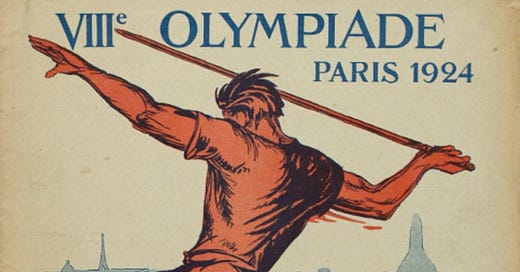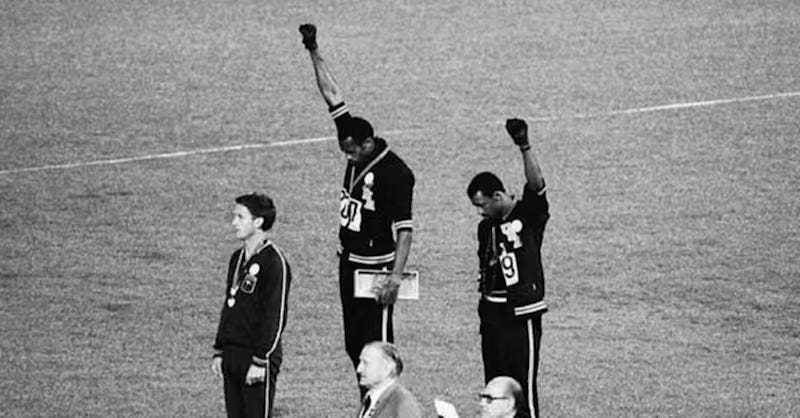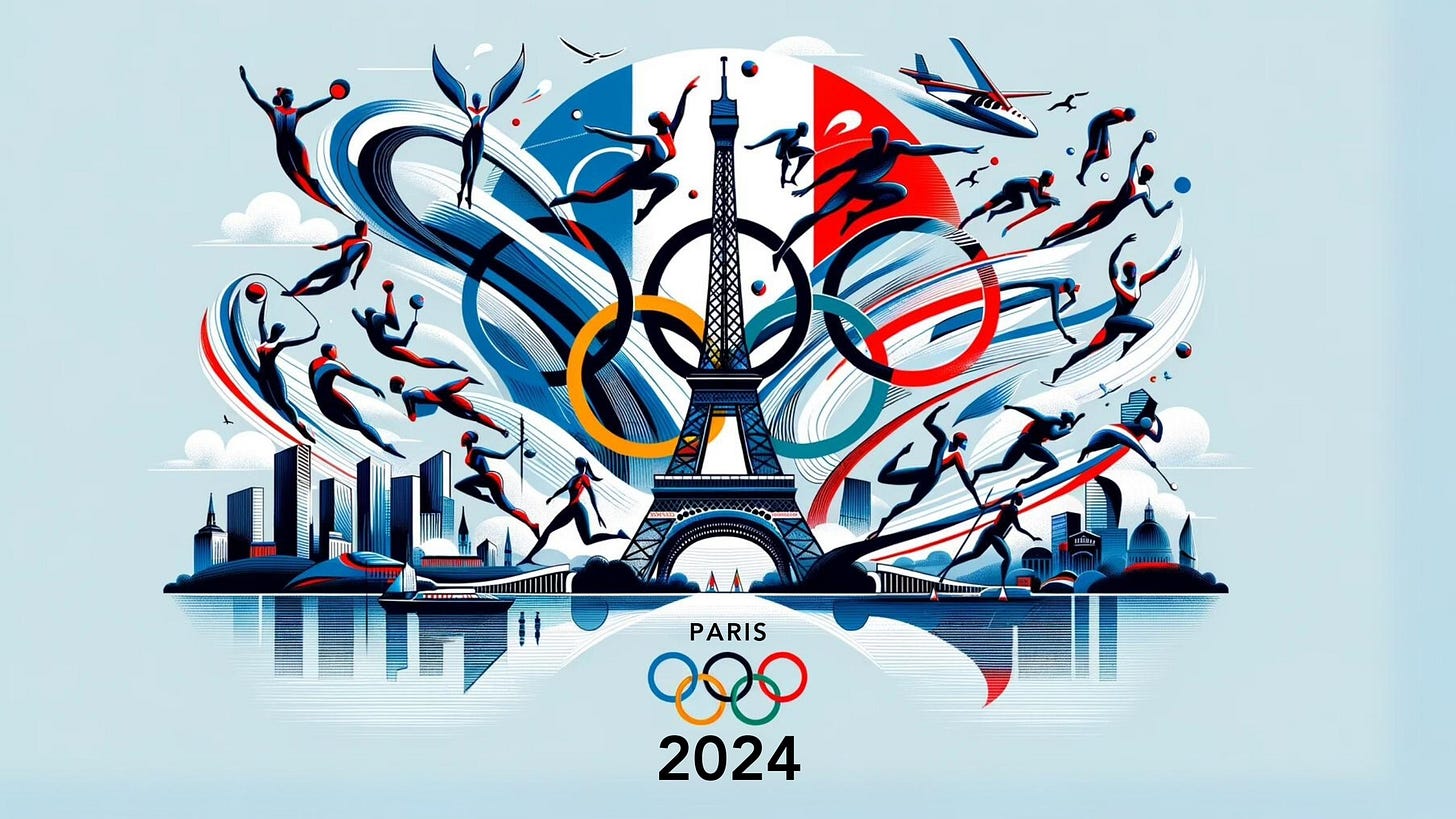The Olympic Games, as we know them today, have their origins in ancient Greece. The inaugural games are traditionally dated to 776 BC, although some historians believe they may have started even earlier. These games were held in Olympia, a sanctuary site for the Greek gods, located in the western Peloponnese peninsula (a region of Southern Greece). Olympia was not just the birthplace of the games but also the central hub where athletes and spectators from all over the Greek world would gather.
The early Olympic Games were a far cry from today's international spectacle. The first recorded event was the stadion race, a simple foot race covering a distance of roughly 192 meters. The stadion was named after the building in which it took place. This word became stadium in Latin, which became the English "stadium".
Over time, the games expanded to include a variety of events, such as wrestling, boxing, long jump, javelin throw, and discus throw. One of the most grueling and celebrated events was the pentathlon, which combined five different disciplines: running, jumping, discus, javelin, and wrestling.
The athletes competed in the nude, a practice that was said to celebrate the human body and its capabilities. Victors of these games were celebrated as heroes, often receiving lavish gifts, free meals, and front-row seats at the theater for life.
However, the glory days of the ancient Olympic Games were not to last.
Political turmoil and the rise of the Roman Empire began to cast a shadow over the games. The final blow came in 393 AD when the Roman Emperor Theodosius I, a Christian who saw the games as a pagan festival, issued a decree banning all "pagan" festivals, including the Olympics.
This marked the end of the ancient games, and they would remain dormant for over a millennium until their revival in the late 19th century.
The Modern-Day Games
The revival of the Olympic Games in the 19th century is largely credited to a Frenchman named Pierre de Coubertin (pee-air de coo-ber-tawn). Inspired by the ancient games and motivated by a desire to promote physical education and international peace, Coubertin founded the International Olympic Committee (IOC) in 1894. His vision was to create a global sporting event that would bring together athletes from around the world to compete in the spirit of friendship and fair play.
Two years later, in 1896, the first modern Olympic Games were held in Athens, Greece, a fitting nod to their ancient origins. The event featured 241 athletes from 14 countries competing in 43 events. While modest by today's standards, the 1896 Games were a monumental success and laid the foundation for the Olympic movement.
The early 20th century saw the Olympics grow in size and scope. Interestingly enough…many jumps forward in the Olympic games happened in France.
The 1900 Paris Games introduced female athletes and expanded the number of sports and events. Of a total of 997 athletes that year, 22 women competed in five sports: tennis, sailing, croquet, equestrianism, and golf.
By the 1924 Paris Games, the Olympics had become a truly international affair, with 44 nations and over 3,000 athletes participating.
The Olympic Games continued to evolve, introducing the FIRST Winter Olympics in 1924 in Chamonix, France, to celebrate winter sports.
Despite interruptions due to World War I and World War II, the Games resumed and continued to grow in popularity and participation.
One of the most significant developments in the modern Olympic era was the introduction of the Paralympic Games in 1960 in Rome. These Games provided a platform for athletes with disabilities to compete at the highest level, embodying the Olympic spirit of inclusion and diversity.
The Olympic Games have also been a stage for political and social statements. From the Black Power salute by Tommie Smith and John Carlos in 1968 to the boycott of the 1980 Moscow Games, the Olympics have often reflected the broader socio-political climate.
Today, the Olympic Games are one of the largest and most watched sporting events in the world. The Games have expanded to include a wide array of sports, from traditional events like athletics (which is what they call Track and Field during the Olympic Games) and gymnastics to newer additions like skateboarding and surfing. The IOC continues to adapt and innovate, ensuring that the Olympics remain relevant and exciting for new generations of athletes and fans.
As we look forward to future Games, the Olympic spirit of excellence, friendship, and respect continues to inspire millions around the globe. The Olympics are more than just a sporting event; they are a celebration of human potential and a beacon of hope for a more united world.
Enjoy this? We go into more depth on little-known Olympic facts on the Talk with History Podcast. 🎙️






